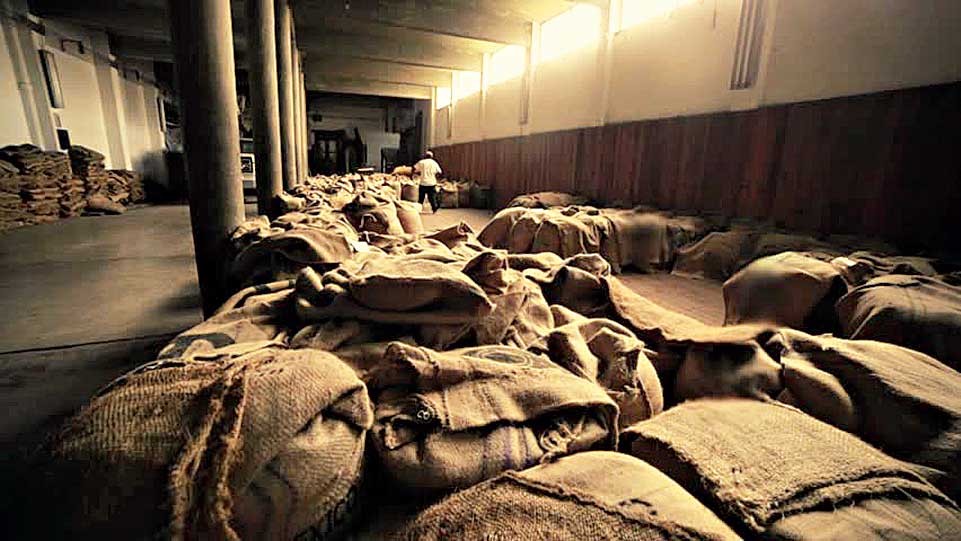The government on Wednesday approved the extension of mandatory packaging norms which provide for all foodgrains and 20 per cent sugar to be compulsorily packed in jute bags, sources said.
The reservation norms for mandatory use of jute in packaging for Jute Year 2022-23 (July 1, 2022 to June 30, 2023) were cleared at a meeting of the Union Cabinet chaired by Prime Minister Narendra Modi.
The mandatory packaging norms approved for Jute Year 2022-23 provide for 100 per cent reservation of foodgrains and 20 per cent reservation of sugar to be compulsorily packed in jute bags, the sources said.
The approval to these norms will provide relief to 3.7 lakh workers employed in jute mills and ancillary units as well as support the livelihood of several lakh farm families, they added.
It will also help protect environment because jute is a natural, bio- degradable, renewable and reusable fibre and hence fulfils all sustainability parameters.
The jute industry is significant to India's economy in general, especially to the country's eastern region, including West Bengal, Bihar, Odisha, Assam, Tripura, Meghalaya, besides Andhra Pradesh and Telangana.
The reservation norms under Jute Packaging Materials (JPM) Act provide for direct employment to 3.7 lakh workers and several lakh farmers in the jute sector.
The JPM Act, 1987 protects interest of jute farmers, workers and persons engaged in jute goods' production.
Notably, 75 per cent of the total production of the jute industry is jute sacking bags of which 85 per cent is supplied to Food Corporation of India (FCI) and State Procurement Agencies (SPAs) and remaining is exported/sold directly.
The government purchases jute sacking bags worth approximately Rs 9,000 crore every year for packing of foodgrains, thereby ensuring guaranteed market for the produce of jute farmers and workers.
Except for the headline, this story has not been edited by The Telegraph Online staff and has been published from a syndicated feed.










